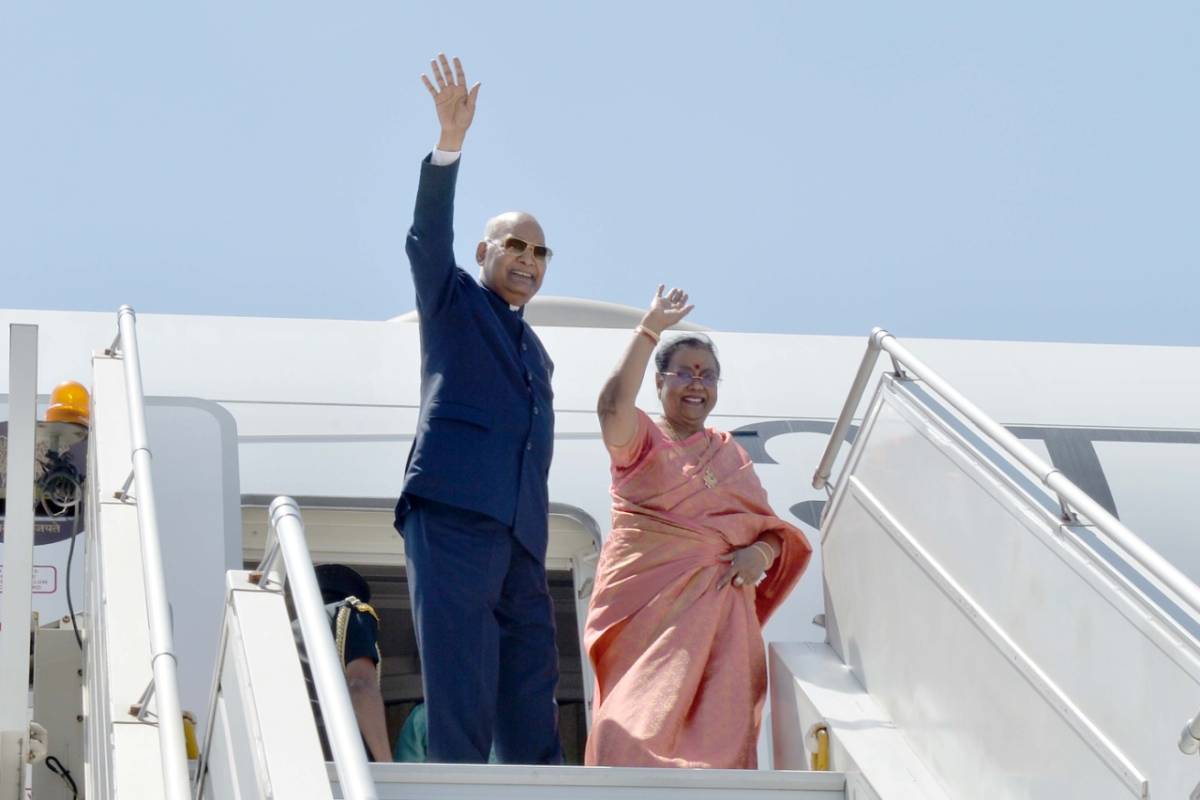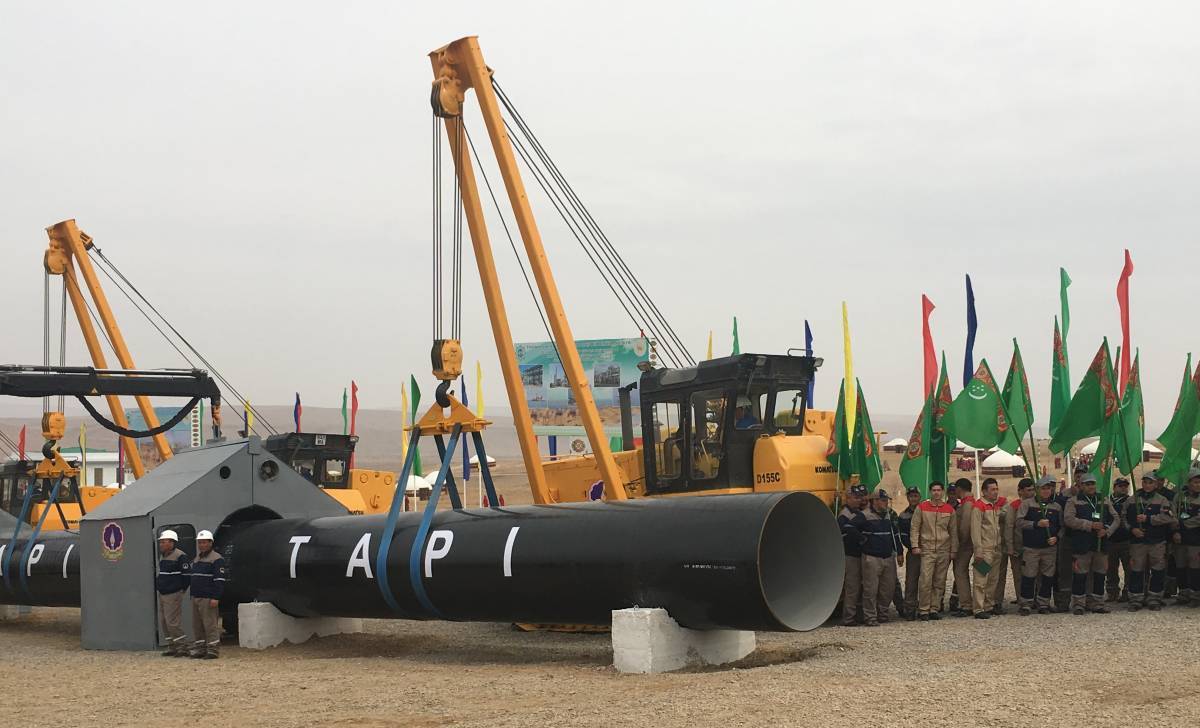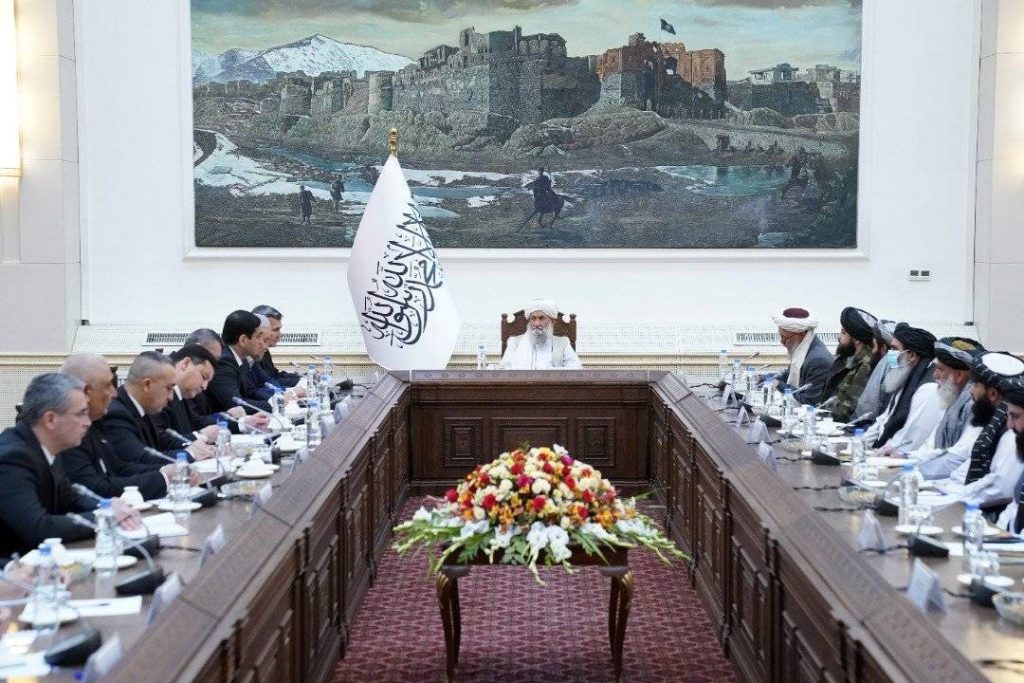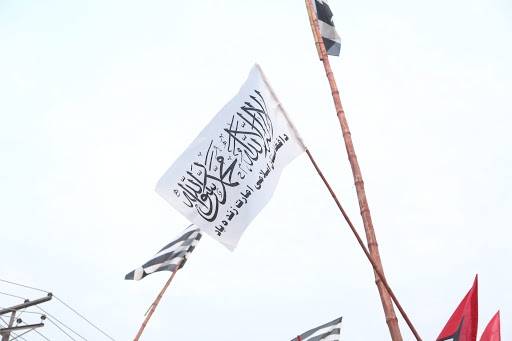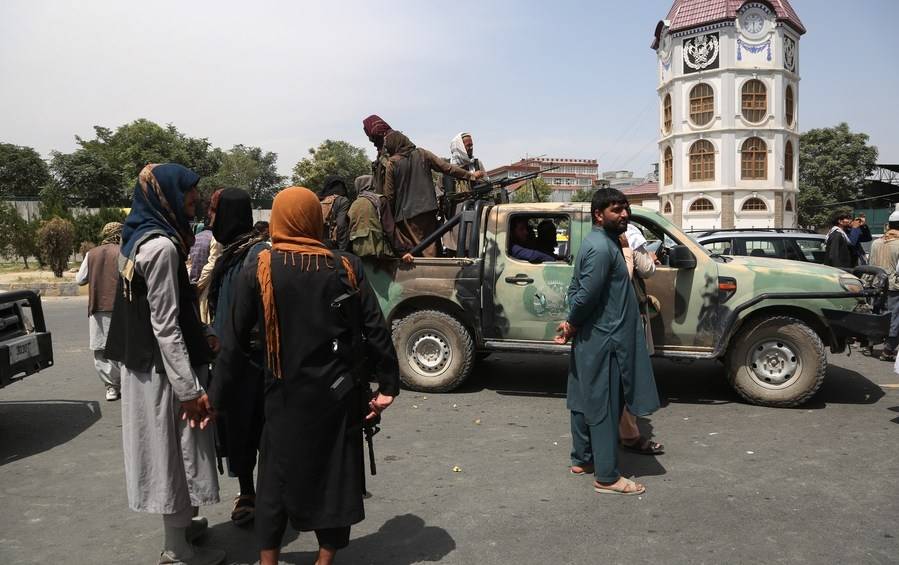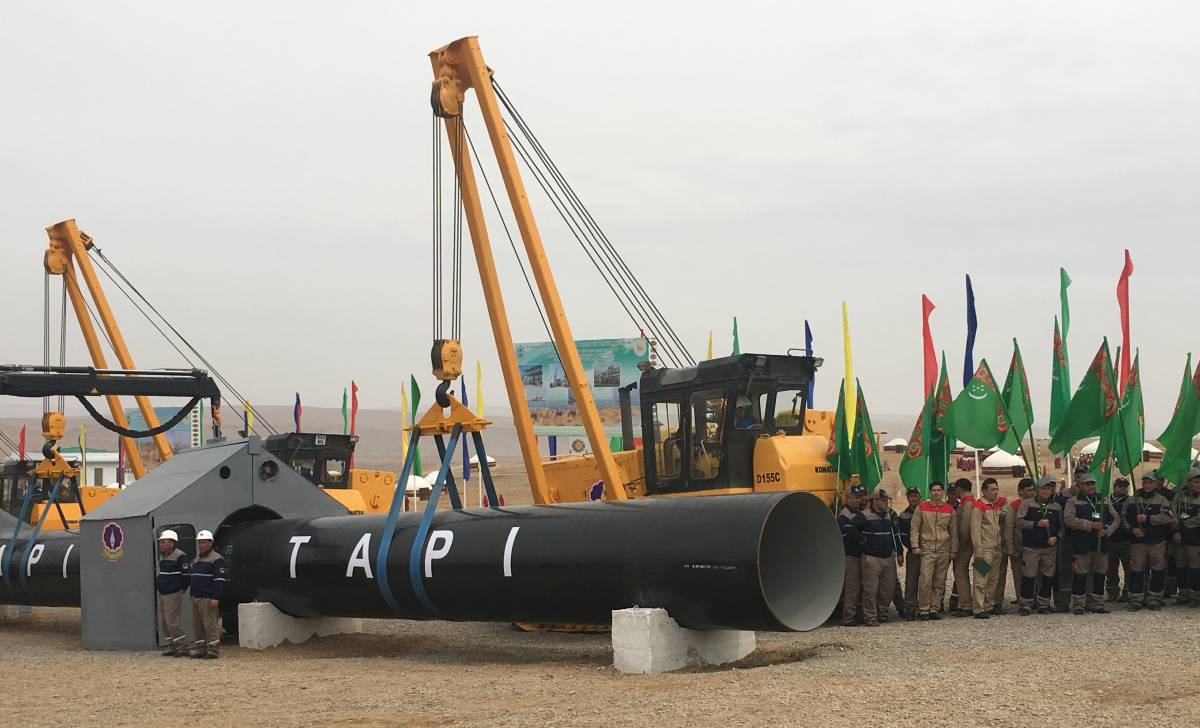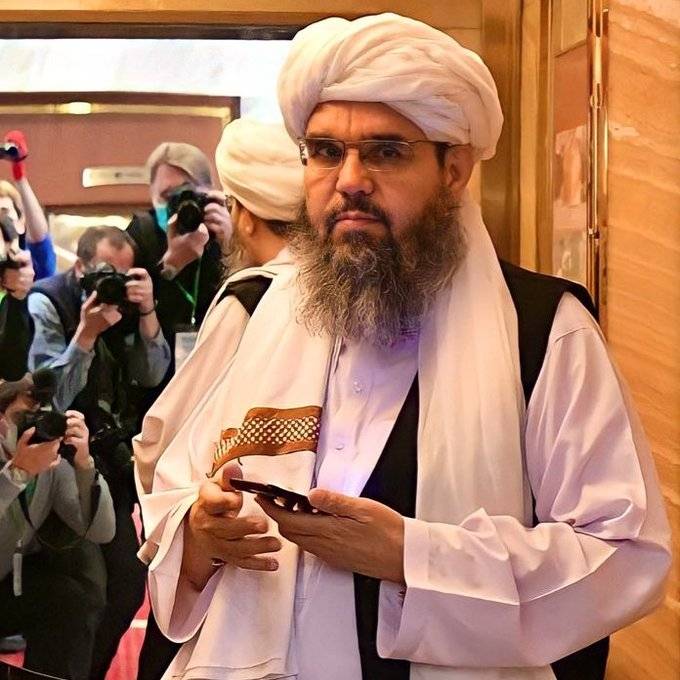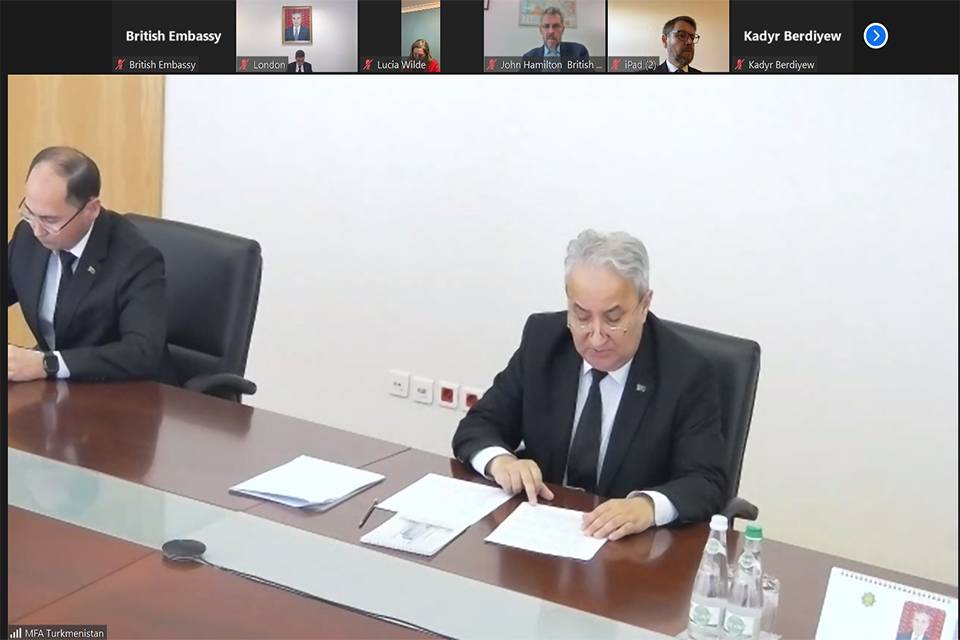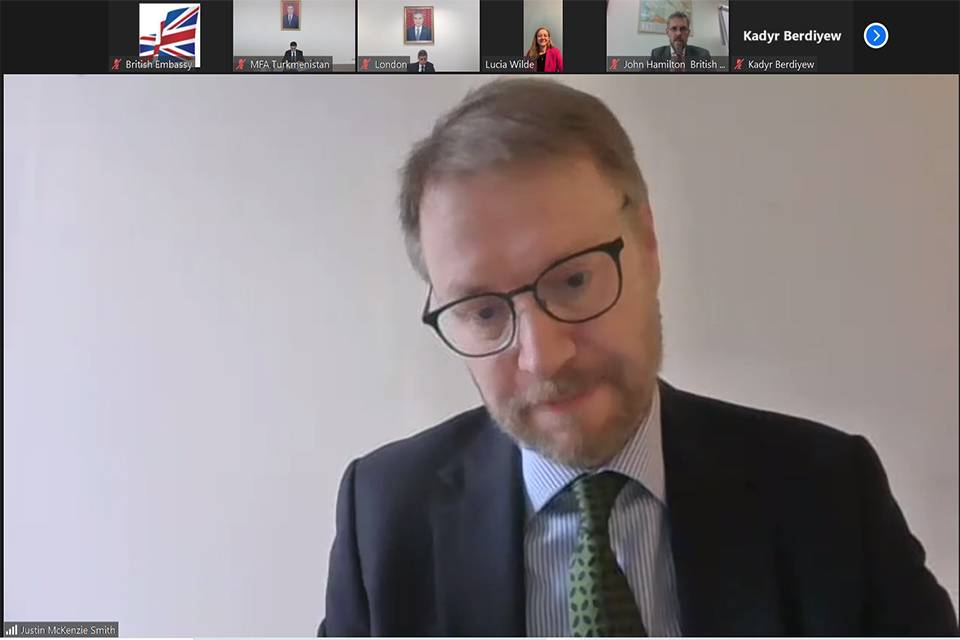The Pak prime minister renewed the commitment to early implementation of the project and hoped that the TAPI gas pipeline would be completed at the earliest by optimising all available resources by all relevant parties….reports Asian Lite News
In an effort to speed up work on Turkmenistan, Afghanistan, Pakistan, and India (Tapi) gas pipeline project and finish the feasibility study as soon as possible, Pakistan and Turkmenistan signed a Joint Implementation Plan (JIP) on Thursday, according to The Express Tribune.
According to a statement, the JIP was signed by State Minister and Head of TurkmenGaz Maksat Babayev and Minister of State for Petroleum Dr. Musadik Malik. Pakistan Prime Minister Shehbaz Sharif, key cabinet members, and representatives from the Petroleum Division and Inter State Gas Systems Pvt Ltd all attended the signing event.
A high-ranking Turkmenistan team led by Babayev, Deputy Minister of Energy Annageldi Saparov, and CEO and Chairman of BOD, TPCL, Muhammetmyrat Amanov, inked the agreement at the conclusion of a two-day visit to Pakistan, according to The Express Tribune.
It said that the JIP would envisage the constitution of a Senior Coordination Committee (SCC) to expedite and oversee the project activities.
The prime minister nominated Special Assistant to PM, Jehanzeb Khan, to work as a focal person from the Pakistan side as the head of the SCC, The Express Tribune reported.
In the meeting with the Turkmenistan delegation, PM Shehbaz said that being a critical component of his government’s vision, the Tapi gas pipeline project would ensure energy security, economic growth and prosperity in Pakistan as well as the entire region.
“Tapi gas project is a manifestation of the strategic cooperation between Pakistan and Turkmenistan in the energy sector,” a statement issued by the PM Office quoted Shehbaz as saying, The Express Tribune reported.
The prime minister said Pakistan and Turkmenistan enjoyed brotherly relations underpinned by common history, culture and religion. He said the leadership on both sides had a keen desire to further promote economic and commercial relations.
He underscored that Pakistan could be a gateway for quick access to Turkmenistan’s rich energy reserves.
The prime minister renewed the commitment to early implementation of the project and hoped that the TAPI gas pipeline would be completed at the earliest by optimising all available resources by all relevant parties.
The government of Pakistan also invited Turkmenistan to explore gas connectivity from the Chaman border to Gwadar and building LNG terminals at Gwadar, which would expand supplies to Europe and global LNG markets, The Express Tribune reported.
The Tapi gas pipeline project aims to bring natural gas from the Galkynysh gas field in Turkmenistan to Pakistan through Afghanistan.
The pipeline will transport up to 33 billion cubic metres (bcm) (average 3.2 BCFD) of natural gas per year over a 30-year period. The supply source is the Galkynysh gas field in the eastern region of Turkmenistan whereas Pakistan’s off-take will be 1.3 BCFD with a pipeline diameter of 56 inches.
The proposed route is the supply source, Herat, Kandahar, Chaman, Zhob, DG Khan, Multan, and Fazilika with a pipeline length of 1,849 kilometres. The engagements/interactions of the Turkmen delegation were characterised by mutual goodwill in a spirit of understanding, cooperation, and amity, The Express Tribune reported.
The Turkmen delegation offered its profound gratitude to its Pakistani “brothers” for their “traditional hospitality” and remained optimistic that bilateral ties between the two friendly countries would continue to expand in all spheres.
The Tapi project will be transformative towards the energy security of Pakistan. Low-cost gas supplies will make Pakistan’s industrial sector competitive worldwide and lead to far-reaching employment opportunities for the youth, The Express Tribune reported.
Pakistan continues to attach great importance to the Tapi gas pipeline project to meet emerging energy challenges for the country and as a manifestation of meaningful commercial, energy cooperation between Pakistan and Central Asia. (ANI)


